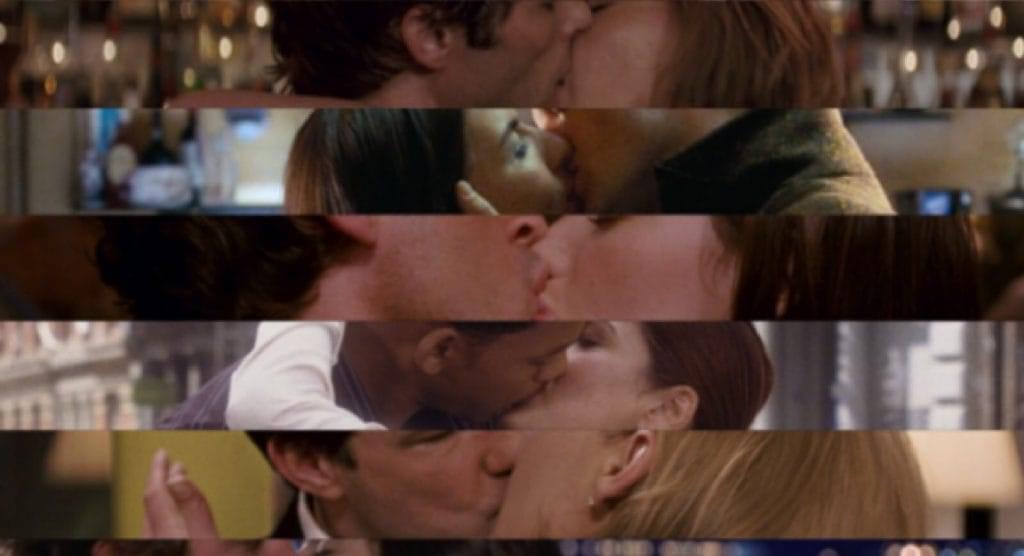
Kenneth Branagh’s screen version of the Mozart opera “The Magic Flute” had its world premiere in September 2006, but it is only now being presented to American audiences. Why did it take seven years for the film to arrive stateside? My theory: because it is not very good.
In this production, Branagh (working from a new English libretto co-written with Stephen Fry) updates the opera to the World War I era. This is not a bad idea in concept – Branagh told an Entertainment Weekly interview that this mirrored the opera’s theme because it was a “A historical event in which the conflict between good and evil, the light and the dark, really resonates…” But as a result of this updating, the film is littered with bizarre sight gags – the Queen of the Night arrives on a tank, the Three Ladies appear as flying hospital nuns – that are more distracting than amusing.
Indeed, the entire film seems to be at odds with itself. Branagh has opted for an extravagant visual presentation that calls more attention to his show-off style as a director than to the Mozart music. Too often, the soundtrack and the imagery don’t seem to be in sync – especially in the opening, where the overture accompanies a “Touch of Evil”-inspired extended single-take shot that sweeps across the wartime trenches before soaring into a cloudy sky full of biplanes. It doesn’t help that Branagh overindulges in very obvious CGI effects that stick out like the proverbial sore thumb, thus calling more attention away from the source material.
It also seems that Branagh cast his film based on photogenic charms rather than musical energy. Thus, Joseph Kaiser’s Tamino and Benjamin Jay Davis’ Papageno are great to look at but not particularly forceful in their singing. (Davis is inexplicably given a Gomer Pyle-style speaking voice for his non-singing lines.) Lyubov Petrova lacks the regal bearing one associates with the Queen of the Night, while Amy Carson’s monotonous Pamina is not exactly the type of distressed damsel worth fighting over.
In a Wall Street Journal interview, Branagh insisted, “The audience for this kind of film has to be sought out and found.” Well, if there is an audience for off-key opera films, then this cacophonous version of “The Magic Flute” may find some American takers.
